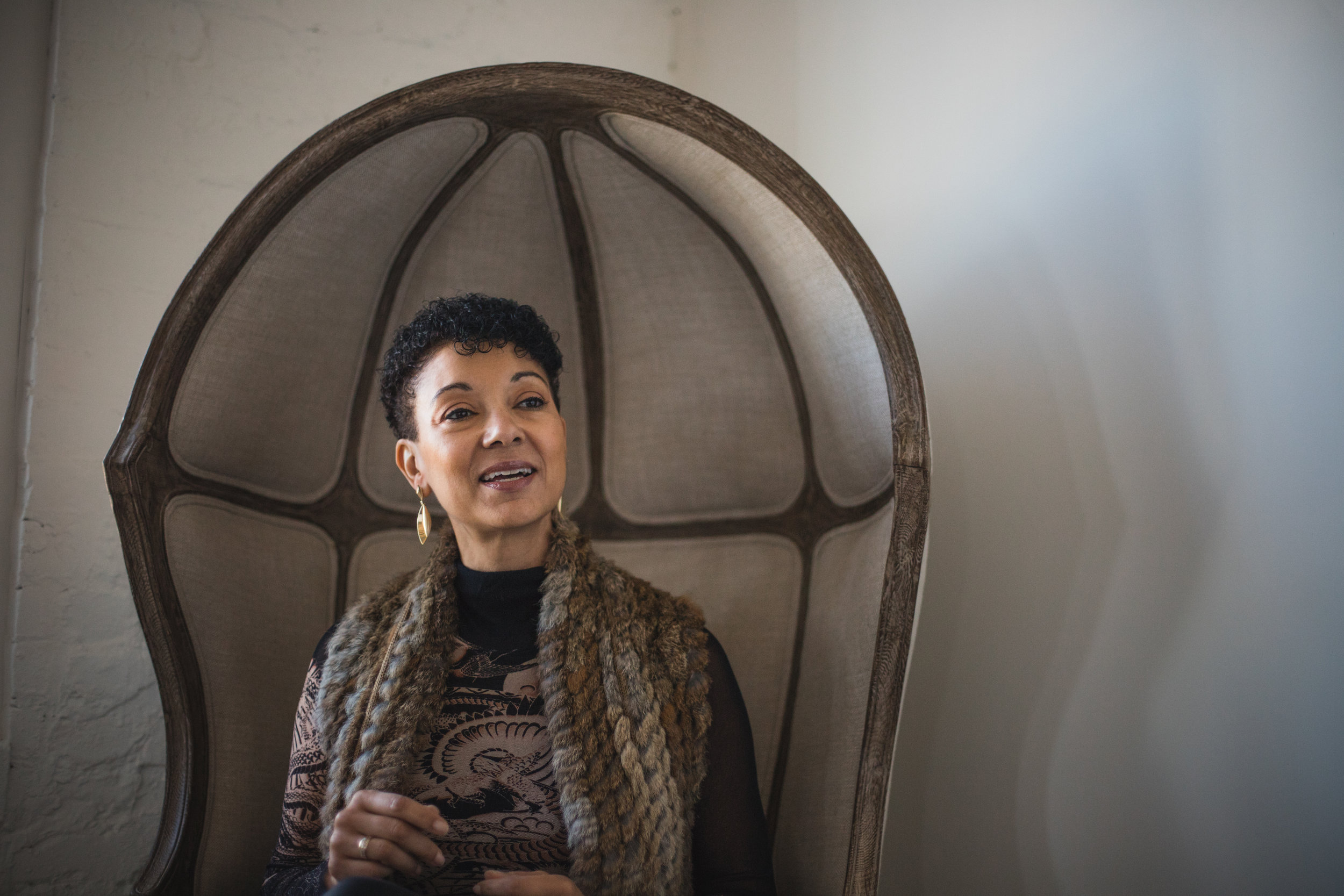The Conversation
I first had to have the “The conversation” with my son when he was just 8 years old and in the third grade. If you have an African American son, you know what I’m talking about. He had gotten into trouble at school for disrupting class. When we spoke about it, he said yes, he was laughing and stuff, but he wasn’t the first to do it and there was a bunch of other boys doing it too. But he was the only one to get in trouble. Right. He was the only black boy.
“The conversation” is explaining to your African American son that due to no fault of his own, he won’t get the benefit of the doubt like the other boys, people will assume the worst and will be quick to punish him, and the punishment will be harsher as a result. Black and Hispanic students represent more than 70 percent of those involved in school-related arrests or referrals to law enforcement. But the real danger is outside. As he grows older his risk of being arrested, imprisoned, or murdered rise exponentially. According to the Bureau of Justice Statistics, one in three black men can expect to go to prison in their lifetime. That statistic doesn’t include the men who are killed by police and citizens alike while trying to live their lives.
That’s why we have “the conversation”. It’s literally about life and death. The conversation is had throughout their young lives as the danger escalates. Most parents just worry about their kids having accidents when they get their driver’s licenses. For mothers of black boys, the fear is much deeper. “When a police officer stops you, put your hands where they can see them, be polite, and no matter what, do not say anything that could be construed as disrespectful. Do what they say and keep your mouth shut.” This is what we tell them. Note my use of the word “when”, not “if”. All of our boys and young men are stopped by police. The neighborhood doesn’t matter, the type of car doesn’t matter, they all get stopped.
I feel so many emotions as I watch what has been happening over the last few days. More people need to understand what it is like to walk in our shoes. The weight of fear, disrespect, and dehumanizing behavior toward us is unbearably heavy. Yes, we need change. That said, empathy is usually a precursor to true behavior change toward people. Please listen to our stories, our experiences and understand, it’s not just the 3 or 4 awful stories you’ve seen over the last few days. These experiences happen to us, African Americans collectively, every minute of every day of every week of every month of every year.
We need your help. As Martin Luther King Jr said, “In the End, we will remember not the words of our enemies, but the silence of our friends.”
